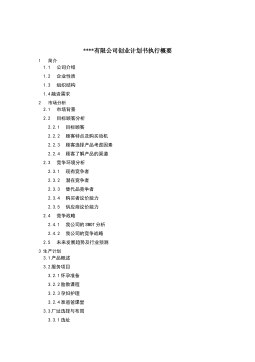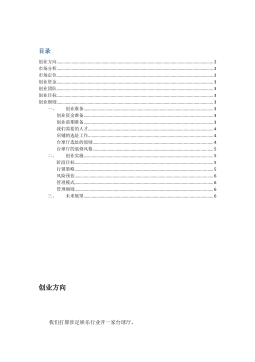基于委托代理理论的第三方物流激励机制的研究
摘要第三方物流是物流产业发展的主要趋势。物流外包企业和第三方物流通过建立委托代理关系,第三方物流代理物流任务,并收取相应的报酬。由于利益主体的不一致性,容易产生机会主义行为。物流外包企业如何设计激励契约,以保证企业收益,同时有效激励第三方物流最大化其努力水平,协调好双方的合作关系,是防范道德风险问题的关键。本文基于委托代理理论对第三方物流激励机制进行研究,选择两个可观测变量进行基础模型的改进和分析比较。并且将隐性激励纳入模型讨论。通过提出问题,分析问题,模型建立、分析优化解,对第三方物流激励契约的制定给出了具体的建议和措施。本文的研究和创新工作主要包括以下内容:(1)、在分析第三方物流的特征、...
相关推荐
-
XX中学英语学科质量提升计划书VIP免费
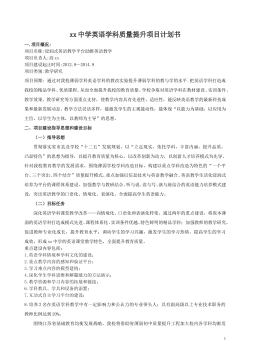
 2025-01-09 9
2025-01-09 9 -
VIPKID-美国小学在家上-在线英语学习项目商业计划书VIP免费

 2025-01-09 8
2025-01-09 8 -
English TV--英语学习智能视频平台创业商业计划书VIP免费

 2025-01-09 11
2025-01-09 11 -
English TV,4--英语学习智能视频平台商业计划书VIP免费

 2025-01-09 14
2025-01-09 14 -
260Educotton-让孩子快乐学习英语的平板电脑商业计划书VIP免费

 2025-01-09 12
2025-01-09 12 -
XX英语学校创业策划书VIP免费

 2025-01-09 12
2025-01-09 12 -
Ustudy-K12英语在线学习产品商业计划书VIP免费
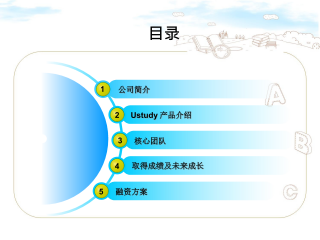
 2025-01-09 13
2025-01-09 13 -
Strawberry English School (SES)英语培训学校计划书VIP免费
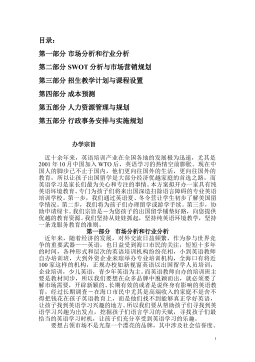
 2025-01-09 18
2025-01-09 18 -
《天中英语智能电子公司创业商业计划书》VIP免费
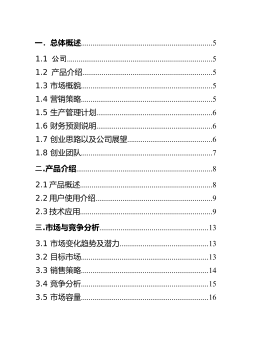
 2025-01-09 14
2025-01-09 14 -
XXXX少儿英语培训学校创业计划书VIP免费
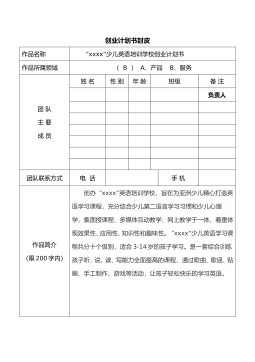
 2025-01-09 21
2025-01-09 21
相关内容
-

XX英语学校创业策划书
分类:中小学教育资料
时间:2025-01-09
标签:无
格式:WPS
价格:10 积分
-

Ustudy-K12英语在线学习产品商业计划书
分类:中小学教育资料
时间:2025-01-09
标签:无
格式:PPTX
价格:10 积分
-

Strawberry English School (SES)英语培训学校计划书
分类:中小学教育资料
时间:2025-01-09
标签:无
格式:DOC
价格:10 积分
-

《天中英语智能电子公司创业商业计划书》
分类:中小学教育资料
时间:2025-01-09
标签:无
格式:DOC
价格:10 积分
-

XXXX少儿英语培训学校创业计划书
分类:中小学教育资料
时间:2025-01-09
标签:无
格式:DOC
价格:10 积分


